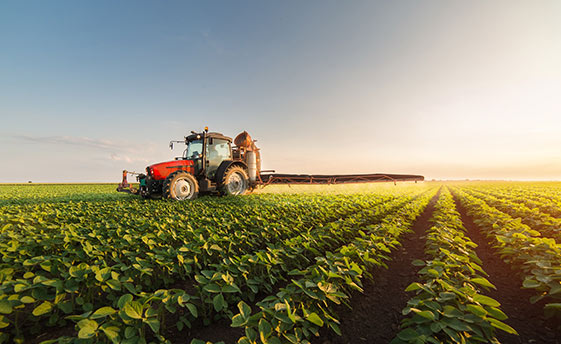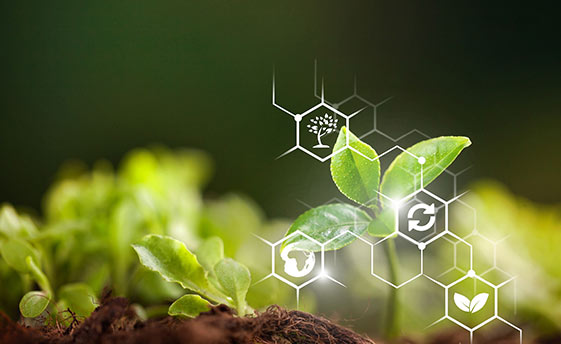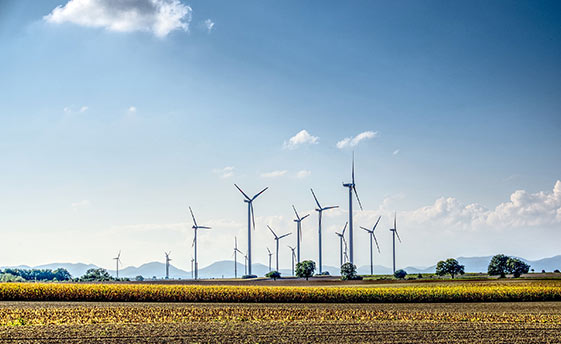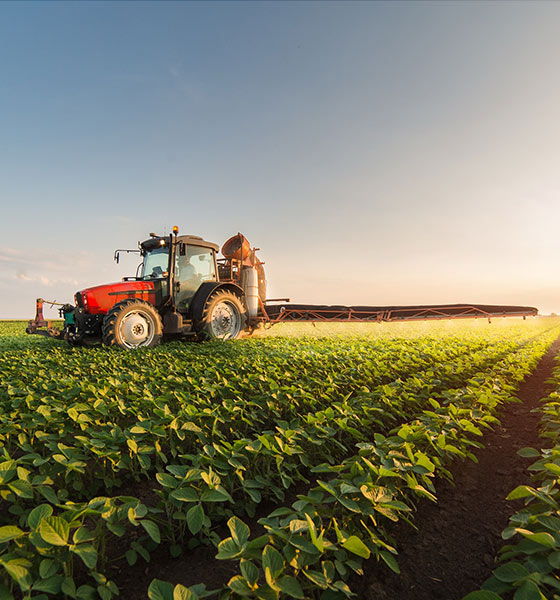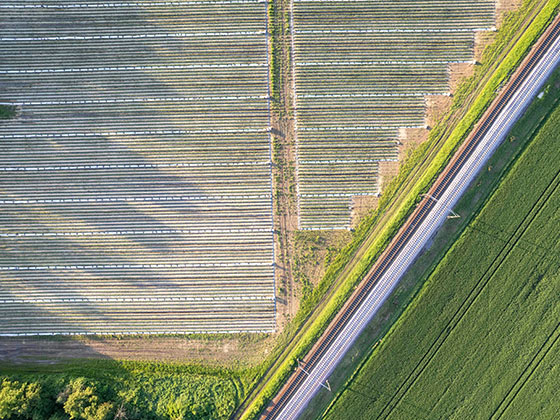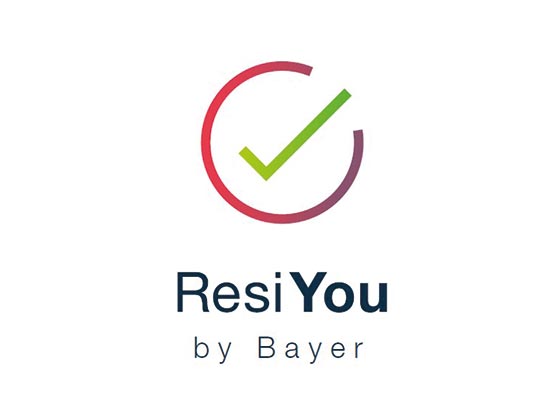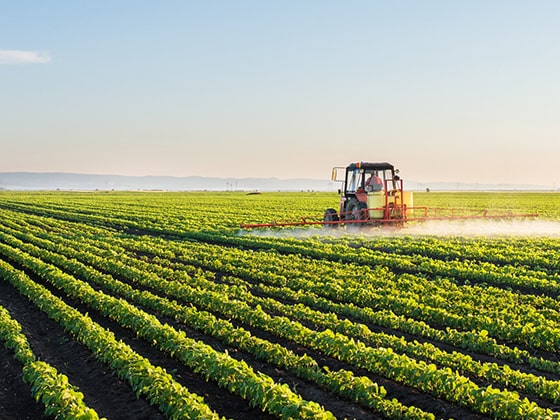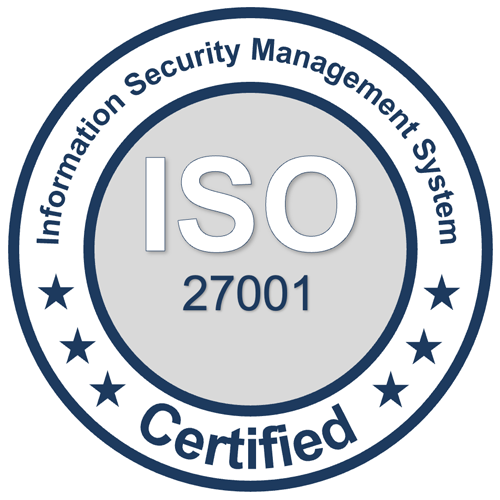AI for Agriculture
Unlock new potential in digital farming, crop science, food technology, and sustainability with cutting-edge AI solutions.
Our AI experts with a focus on agricultural sciences develop tailor-made AI and data science solutions for agriculture and agricultural R&D. By combining AI expertise with in-depth industry knowledge in agricultural sciences, we provide targeted support for your projects—upon request, even as an extended workbench.
We structure our expertise into three core areas:
Why choose Supper & Supper for your AI project in agriculture?
In-depth industry knowledge
Our AI experts possess extensive knowledge and years of experience in agricultural sciences. We strategically combine this expertise with cutting-edge AI capabilities to deliver tailored solutions for your projects.
Specialization in agricultural data
Our team specializes in analyzing data for digital farming, crop science, and sustainable agriculture. Whether fully managing projects or supporting as an outsourced workbench, we provide flexible and effective solutions.
Extensive project experience
From creating initial proof-of-concepts (POCs) to developing scalable platforms for thousands of users—like Bayer Crop Science’s ResiYou —we bring a wealth of experience in implementing AI projects in agriculture.
Transparent project management
We ensure clear communication, regular updates, and maximum transparency throughout all project phases, from planning to execution.
Artificial intelligence (AI) in agriculture – innovation for the future of agribusiness
Modern agriculture faces a wide range of challenges: increasing demand for food, limited resources, climate change, and the need to operate more sustainably. Artificial intelligence (AI) offers solutions to address these complex demands while enhancing efficiency, precision, and sustainability.
What does AI in agriculture mean?
AI in agriculture involves the use of algorithms, machine learning, and data analysis to automate farming processes and enable data-driven decision-making. With AI, large volumes of data from satellite imagery, sensors, weather forecasts, and soil analysis can be processed in real time and transformed into actionable insights. This significantly improves the planning, execution, and monitoring of agricultural activities.
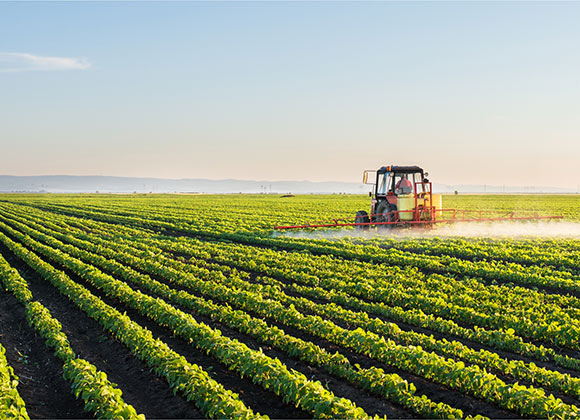
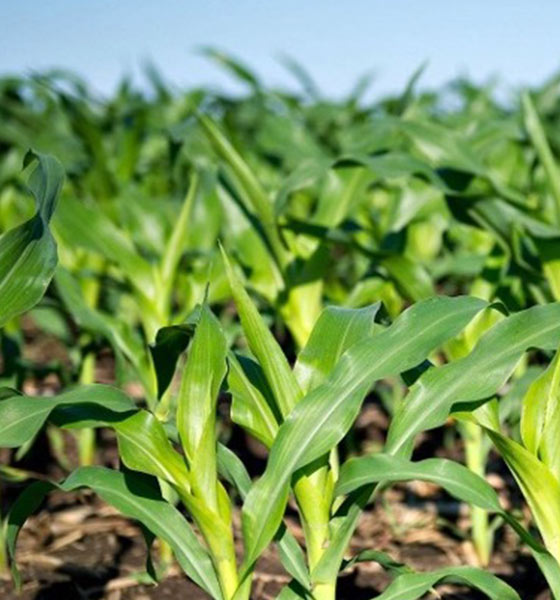
Why is AI in agriculture so important?
1. Boosting efficiency and productivity
AI enables the automation and optimization of agricultural processes. For example, drones and sensors combined with AI systems can monitor fields, analyze crop conditions, and trigger targeted actions such as irrigation or pest control. This minimizes resource usage and increases productivity.
2. Sustainability and resource conservation
AI solutions help utilize resources like water, fertilizer, and energy more efficiently. Precision agriculture, also known as smart farming, reduces environmental impact and promotes more sustainable farming practices.
3. Enhancing decision-making
By analyzing real-time data, AI supports farmers and agribusinesses in making informed decisions. From selecting the best seed varieties to predicting crop yields, AI is transforming planning and execution in agriculture.
4. Adapting to climate change
AI provides tools to mitigate climate-related risks. By analyzing historical and current weather data, AI can predict extreme weather events and help agriculture prepare for these challenges. This minimizes crop losses and ensures food security.
5. Optimizing the supply chain
AI-powered systems also improve logistics and supply chain management. From harvest to market, processes can be optimized, transport routes shortened, and supply chain losses reduced.

Digital farming –
unlock efficiency and precision with AI
What is digital farming?
Digital farming refers to the integration of advanced technologies such as sensors, drones, artificial intelligence (AI), and satellite data to make agricultural processes more efficient, precise, and sustainable. The primary goal of digital farming is to optimize productivity, conserve resources, and empower farmers with data-driven decision-making tools.
From gathering and analyzing field data to automating processes, digital farming provides innovative solutions to effectively address challenges like climate variability, pest infestations, and resource management.
What Do We Do in This Area?
At Supper & Supper, we specialize in developing tailored AI and data science solutions or providing extended support as your dedicated workbench to bring digital farming projects to life. We design customized technologies that cater specifically to the unique needs of our clients.
Whether it involves building digital platforms, processing data from IoT sensors, drones, or satellite imagery, or automating intricate workflows, we deliver innovative, scalable solutions that enable businesses to optimize operations and explore new opportunities.
Example Use Cases:
- AI model development: Create tailored AI models to analyze soil data, forecast weather, and evaluate field research, enabling early insights into soil quality, yield potential, and challenges such as pest infestations.
- Scalable platform development: Build digital platforms that integrate and efficiently utilize data from various agricultural sources, such as sensors, drones, and satellite imagery.
- Data analysis and pattern recognition: Leverage AI to detect anomalies like pest outbreaks, soil erosion, or other deviations, enabling timely interventions.
- Residue analysis: Develop AI-driven systems to precisely analyze residues on agricultural products, ensuring quality, safety, and compliance.
- Automation of decision processes: Automate workflows to determine the optimal timing for irrigation, fertilization, or harvesting, improving productivity and resource efficiency.
Crop Science and Food Technology – Innovation with Artificial Intelligence
What does AI mean for crop protection and food technology?
In crop protection, AI enables the early detection of pest infestations, plant diseases, and environmental stress. By analyzing large datasets from drone images, satellite data, or IoT sensors, anomalies in fields can be identified, allowing for targeted interventions. This saves resources, minimizes crop losses, and increases production efficiency.
In food technology, AI supports quality control, residue analysis, and the optimization of production processes. Data from across the supply chain—from harvesting to processing—can be analyzed in real time to ensure food safety and promote sustainable production methods.
What Do We Do in This Area?
We specialize in AI solutions for crop protection and food technology and bring extensive experience from large-scale projects. Our team develops customized technologies tailored to the specific requirements of our clients—from residue analysis and AI model development to complex platform solutions serving thousands of users. Acting as an extended workbench, we also assist companies in implementing their projects, whether by developing individual components or integrating AI technologies into existing systems.
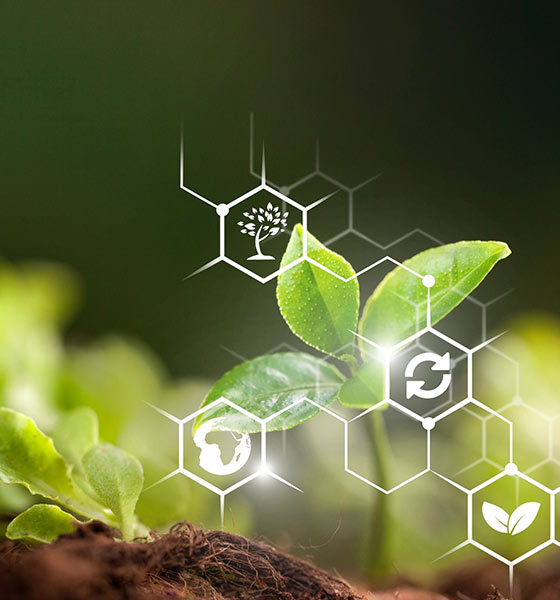
Example Use Cases:
- Detection of plant diseases: AI-powered pattern recognition identifies diseases and environmental stress early to enable targeted interventions.
- •Residue analysis: Systems for precise residue testing on plants or food products ensure the highest quality standards.
- Automation of production processes: AI optimizes workflows in food production, from processing to packaging.
- Pest monitoring: Drone and sensor data are analyzed to efficiently detect and combat pest infestations.
- Real-time quality control: AI systems monitor production lines to minimize errors and ensure consistent product quality.
- Field research data: Collect and analyze experimental data to validate AI models and optimize crop management
Sustainable agriculture – conserving resources through smart technologies
What does AI mean for sustainable agriculture?
AI supports sustainable agriculture by analyzing large datasets from sources such as satellite imagery, IoT sensors, and weather stations and transforming them into actionable insights. This enables farmers and agribusinesses to manage water, fertilizers, and pesticides with precision, avoiding unnecessary waste.
Additionally, AI facilitates the monitoring of soil fertility, the protection of biodiversity, and the adaptation of agricultural methods to climate change challenges. With data-driven technologies, sustainable farming practices can be promoted, and production efficiency can be increased—making a significant contribution to a future-ready agriculture.
What Do We Do in This Area?
Sustainability is a core value for us. Together with forward-thinking companies, we work to develop innovative technologies and resource-efficient methods for agriculture. We support projects of all sizes—from optimizing resource use to developing complex platforms for thousands of users. Our goal is to make agriculture more efficient and environmentally friendly.
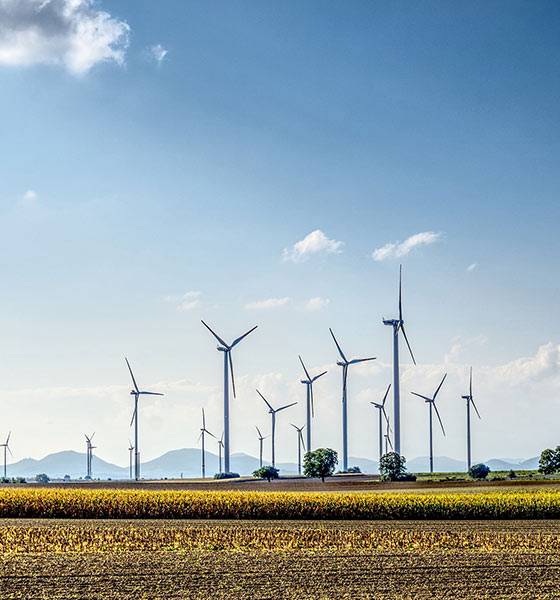
Example Use Cases:
- Precision irrigation: AI-powered systems monitor soil moisture in real time and optimize water usage, ensuring resource-efficient irrigation.
- Efficient fertilizer use: Data analyses enable targeted and demand-driven application of fertilizers, reducing environmental impact.
- Soil monitoring: AI systems analyze soil fertility and identify areas that require regenerative actions.
- Climate change adaptation: With weather data and forecasts, AI helps farmers respond to climate changes and minimize risks such as droughts or floods.
- Promoting biodiversity: Automated systems monitor biodiversity on agricultural land and help implement effective conservation measures.
- Supply chain optimization: AI solutions improve sustainable processes across the entire value chain—from production to logistics.
More Solutions
